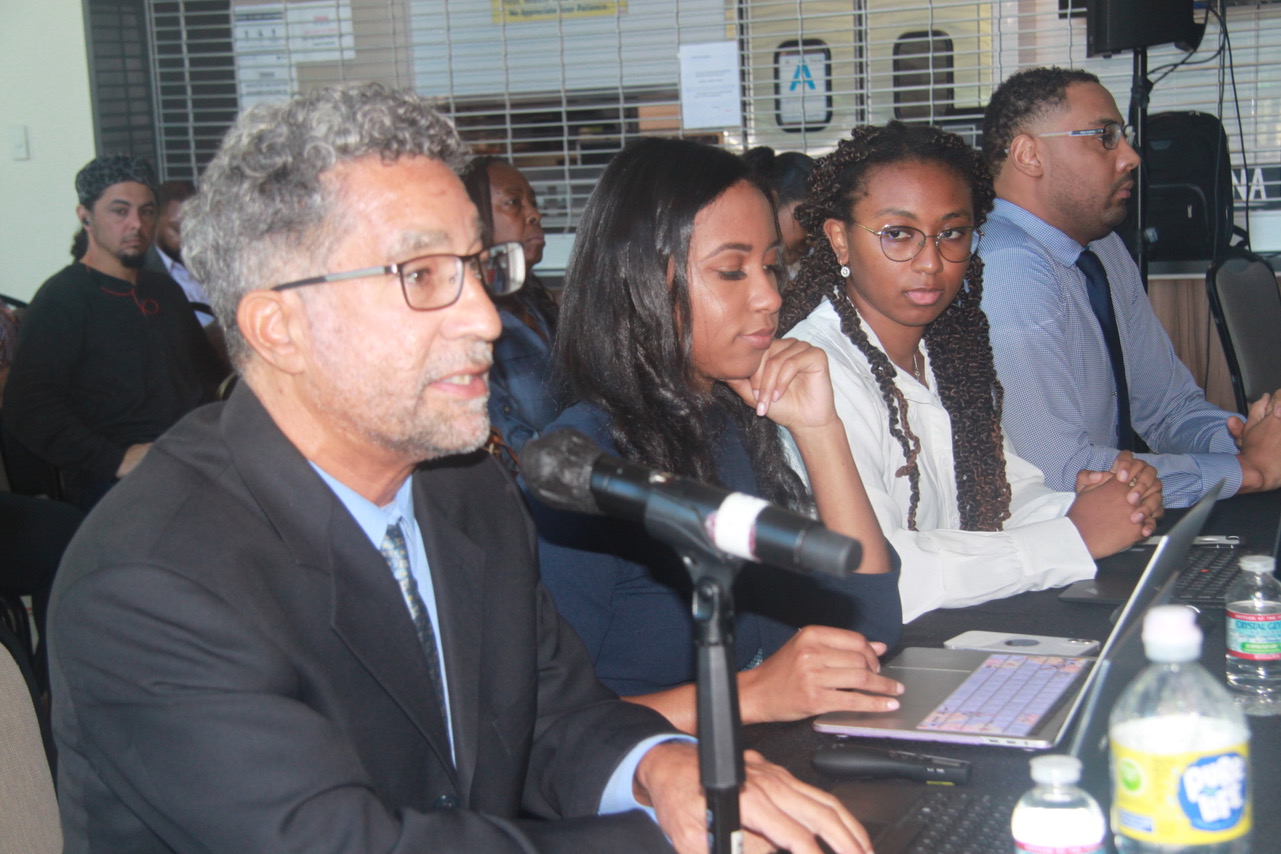
DHCS: California Health Care Roadmap Will Make Medi-Cal More Accessible, Member-Driven
Edward Henderson | California Black Media
(CBM) – Although California reached its lowest uninsured rate in state history in 2022, many Californians still do not have access to timely, quality and affordable health care.
This disparity disproportionally affects Black Californians and other people from underserved groups, particularly low-income individuals.
Public Health authorities say this racial gap contributes to higher rates of illness and premature death.
“African American Californians are among the most likely groups to report that they always make their health a priority. However, African American Californians experience disparities in care and outcomes despite having higher health insurance coverage rates (93 percent) than the state average,” according to data included in a California Department of Health Care Services (DHCS) report.
“For example, the life expectancy at birth for African American Californians is five years shorter than the state average and the lowest life expectancy of all racial and ethnic groups,” the report continues.
Dr. Pamela Riley, Chief Health Equity Officer and Assistant Deputy Director of Quality and Population Health Management at DHCS said the disparities should not exist.
“Who you are and where you live should not determine whether you live or how well you live,” said Riley. “Everyone, regardless of race, ethnicity, where you live, age, gender, language, sexuality, income, citizenship, has a right to compassionate and comprehensive care that meets their physical and behavioral health needs,” said Riley, who was speaking at a virtual press conference hosted by Ethnic Media Services (EMS) organized to inform the public about Medi-Cal’s efforts to better meet the health needs of more Californians.
Over the last decade, DHCS has taken several steps to eliminate this problem, including expanding Medi-Cal access to all low-income Californians, regardless of immigration status; eliminating the “asset test” requirement so only income is considered when determining Medi-Cal eligibility; expanding language access so members can receive interpretation services; and creating new community supports that provide culturally responsive and more customized care, including housing aid, nutritious meals, and substance abuse treatment.
Backing up their commitment to health equity, DHCS leaders recently concluded a statewide tour to listen to Medi-Cal members who have experienced health inequity firsthand. These listening sessions, hosted by community-based organizations, were the first phase of the DHCS Health Equity Roadmap, a new multi-year initiative to create a more member-driven whole-person Medi-Cal.
“I feel like DHCS is approaching this with a humility,” said Debbie Toth, CEO of Choice in Aging (CiA), an organization that provides services for aging Californians in Napa, Solana, Sacramento and Contra Costa Counties.
Toth said the state is improving health care by “looking at the needs of this diverse population of multi-intersectional human beings that live in our great state — who have varied histories with interacting with our healthcare system.
Toth said it is also critical to involve community-based organizations to strengthen the relationship with individuals who are receiving their health care through Medi-Cal.
“I think it’s cutting edge. I think it’s brilliant,” she added.
Riley said to create meaningful change and foster genuine trust with Medi-Cal members, DHCS must work directly with members and trusted messengers particularly in Black and Indigenous communities of color who have not been historically underserved by the healthcare system.
DCHS’ multi-year initiative contains 3 phases. The first, which concluded recently, consisted of a member feedback listening tour that began in November of 2023. It consisted of 11 virtual and in person listening sessions with members across the state that were facilitated by Medi-Cal community partners in a variety of health care fields. These tours were focused in areas of the state most impacted by health disparities including rural areas and communities with a high concentration of minorities.
During each listening session, members were asked these questions:
- What is important to you about your health care?
- What is your experience with Medi-Cal?
- What is your ideal vision for Medi-Cal?
- How would you improve Medi-Cal?
- What is your vision for your health and well-being?
Overviews of all the sessions are documented on the DHCS website.
The second and current phase of the health equity initiative is a co-design phase working directly with members and community-based organizations to ensure that voices are heard and considered in identifying solutions that impact care that people need. DHCS is identifying partners to help implement the information gathered during the statewide tour.
The final phase is the Health and Equity Roadmap. This report, which is scheduled to be released next year, will outline steps to reach mutual goals compiled in the first two phases to achieve a more equitable healthcare system in the state.
“Generally, members want to prioritize high quality, accessible and affordable healthcare,” said Riley. “They want to feel respected, listened to heard and understood in their native language or from someone who understands their cultural experience.”





